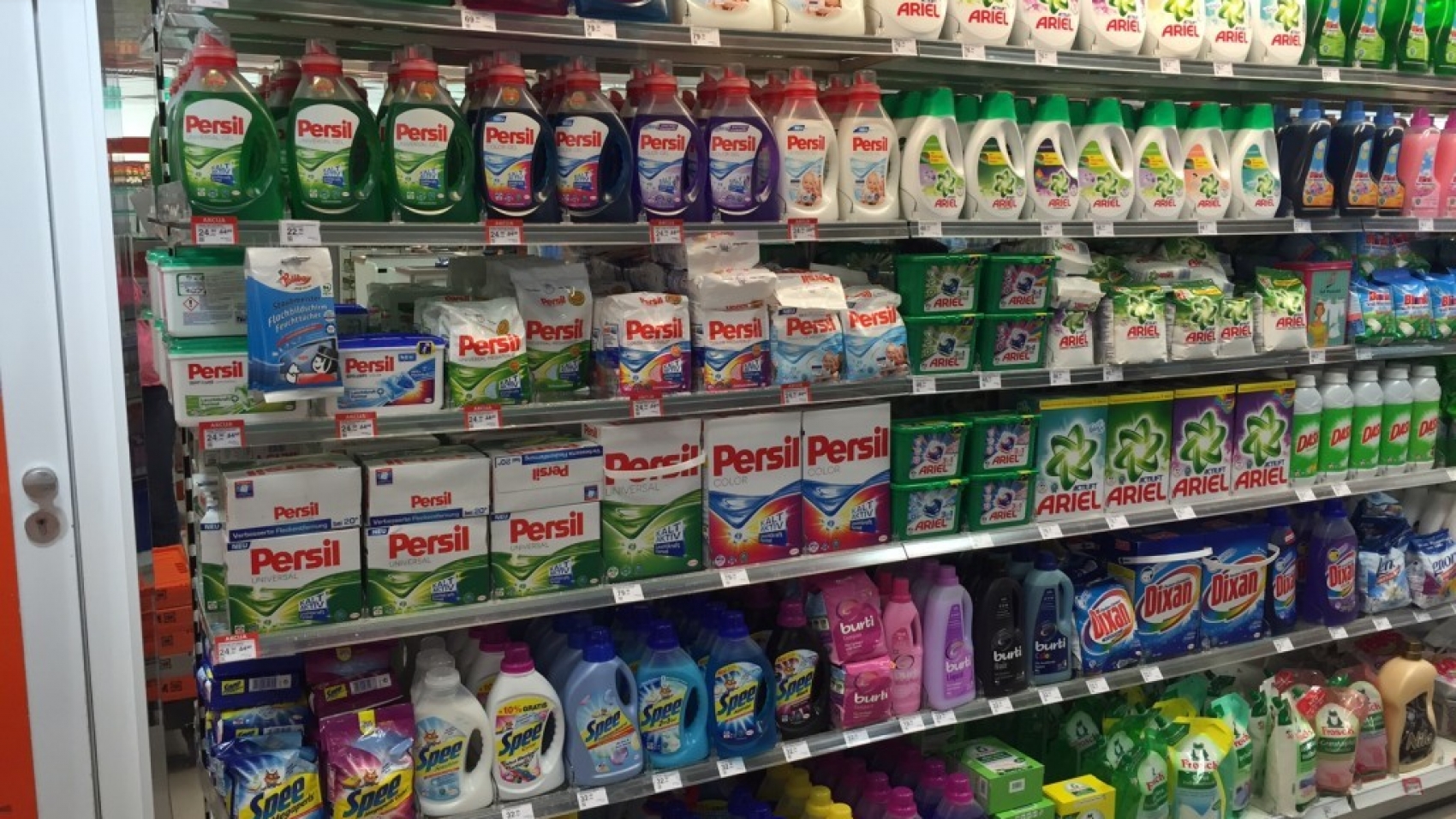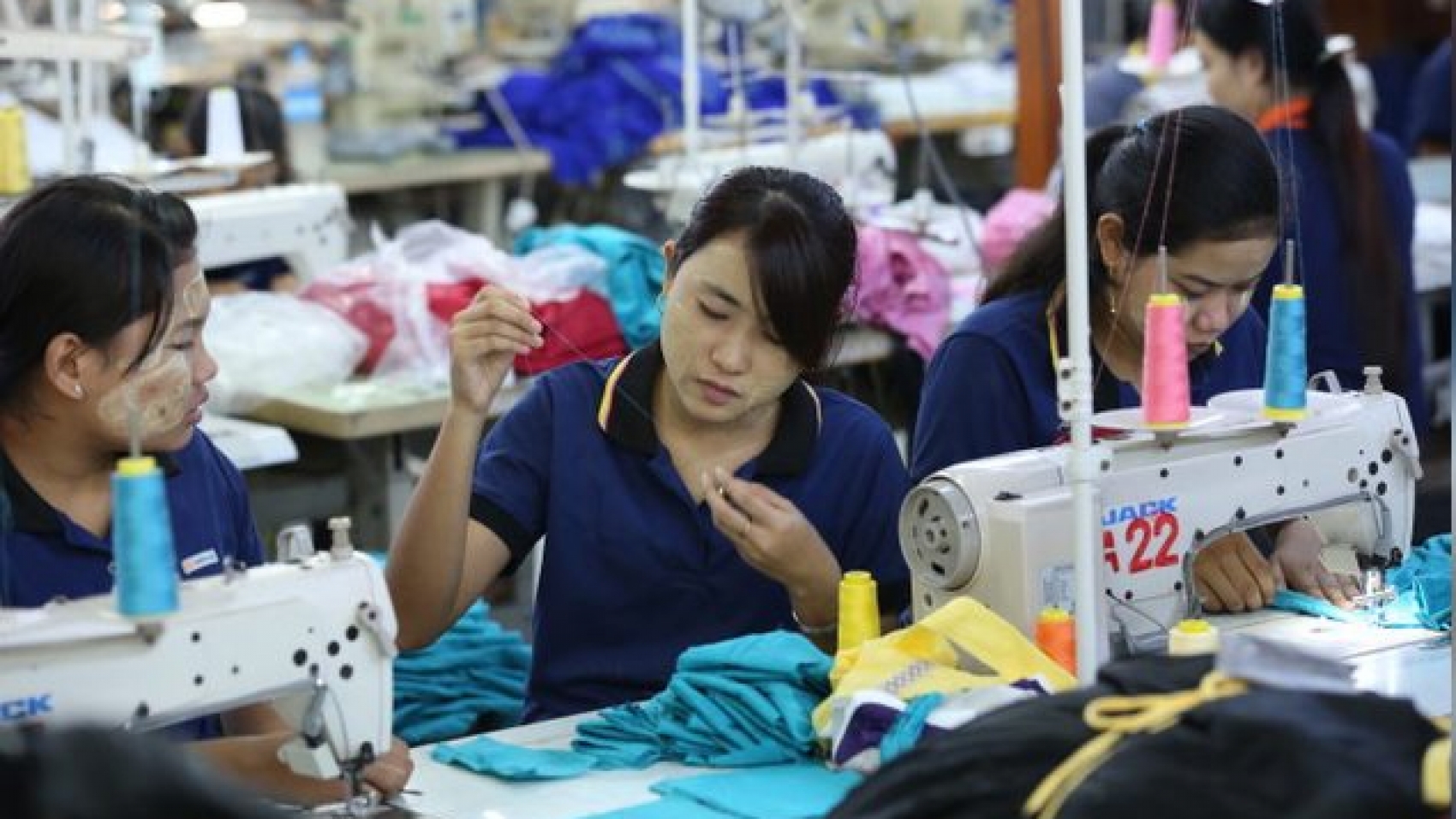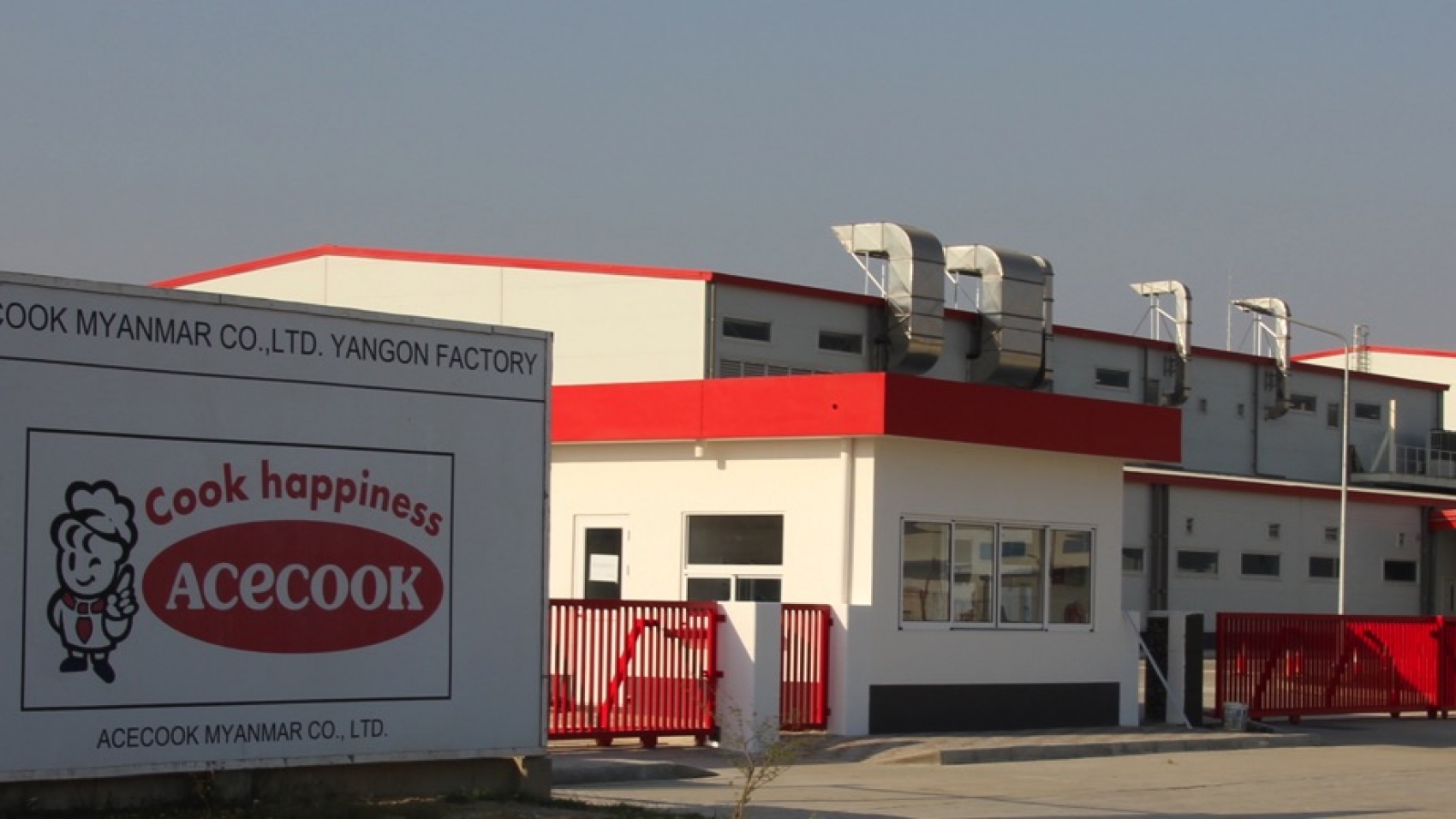Myawaddy Trade Zone OSS Customs Department has sent the instructions to business owners to suspend import of Thai-made soap and toothpaste into the domestic market through Myawaddy on the Myanmar-Thailand border starting from 4 June,2021.
The Department of Commerce direct to reduce foreign exchange, and to protect the market competition, thus among the imports that are allowed to be imported from the border areas (ITC) card, imports of soap, detergent powder and toothpaste has been instructed to suspend according to the notification on (4-6-2021). The Department of Commerce has temporarily banned imports of four food stuffs including varieties of soft drinks, coffee mixes and condensed milk made in Thailand, from border crossings since May 1,and direct to import only by sea.
About 50 percent of the Myawaddy border traders say, among Thai imports into the domestic market, assorted soft drinks, coffee tea mix; and condensed milk to reduce foreign exchange; among the imports that are allowed to be imported from the border areas (ITC) card to protect the market competition on the products, importation of soap, detergent powder and toothpaste will be suspended from (4-6-2021). The suspension of four Thai-made food items across the border has hurt traders at the Myawaddy border, as well as boosted domestic consumption.
Source: Daily Eleven



